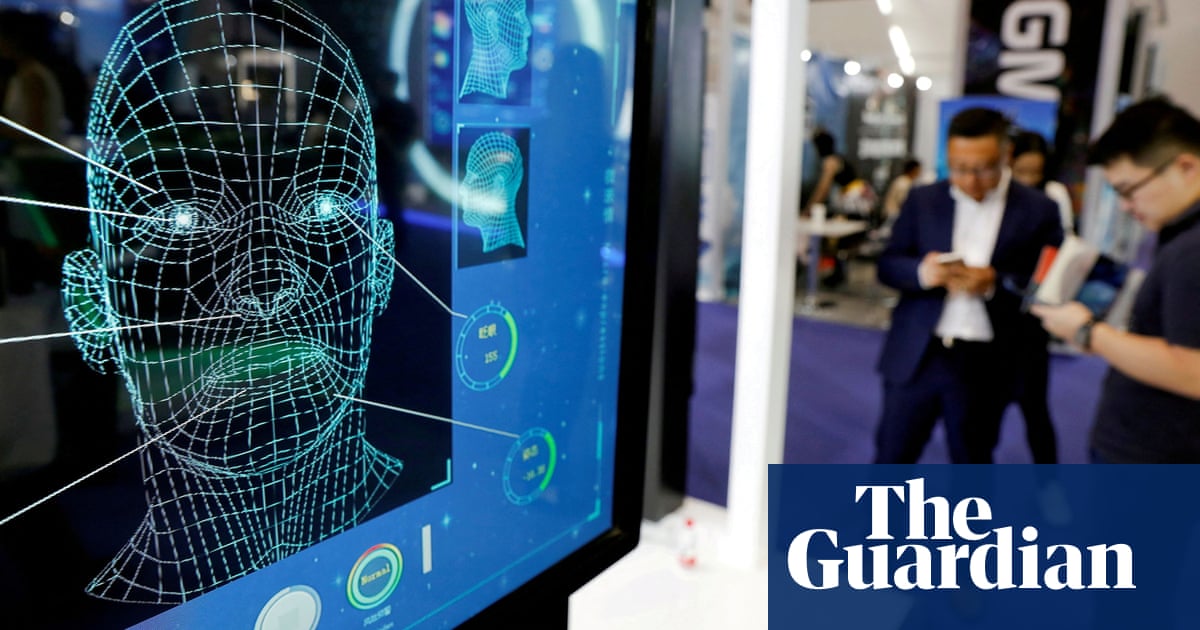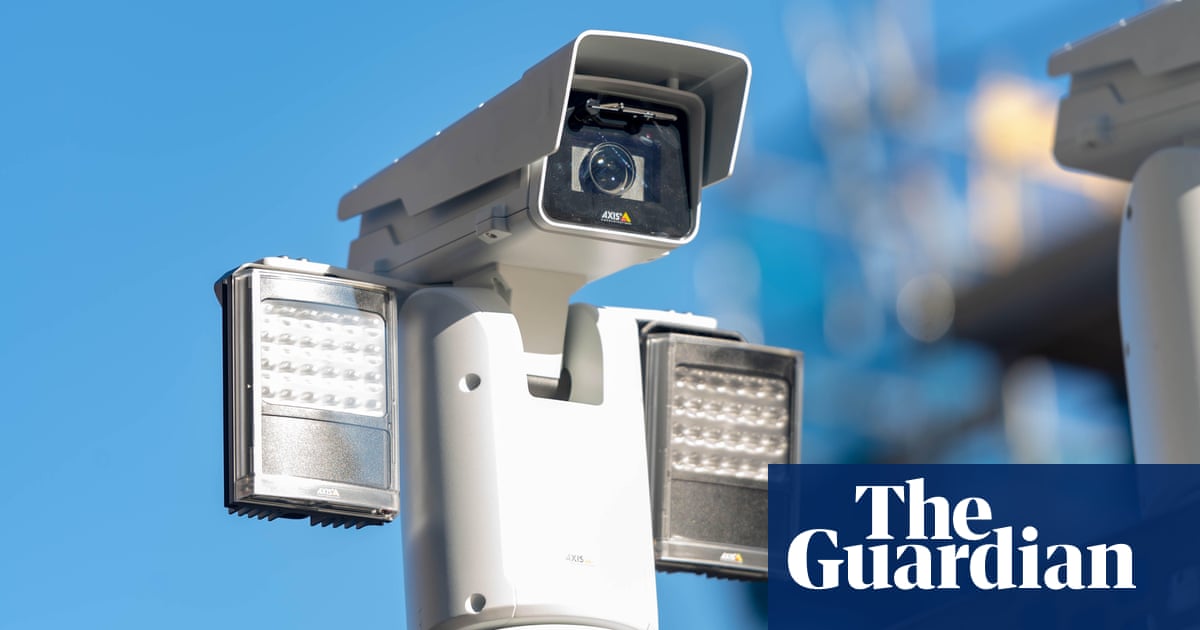
This week, officials in Suzhou city, in the Anhui province of south-eastern China, were forced to apologize after they scolded people who were spotted walking around the city dressed in pajamas. They used facial-recognition technology that not only identified the individuals by name but also publicly displayed other personal information about them.
In November last year, a Chinese professor sued a private wildlife park for forcing all visitors to provide highly personal data, such as facial recognition or fingerprints, to gain admission. In the same month, British police admitted that facial-recognition technology they had been using on a pilot basis gave erroneous responses as much as 81 percent of the time.
In December, a study by the US government concluded that facial-recognition systems can produce wildly inaccurate results, especially for non-white people. The study of dozens of facial-recognition software systems found the false positives (wrong match) rates for Asians and African Americans were as much as 100 times higher than for white people. The study also found that some algorithms assigned the wrong gender to black females almost 35 percent of the time.
The study came at a time when such technology is increasingly being deployed in the US and many other nations, not only for law enforcement but also at airports and in banking, retail, schools and homes. It can also be found in personal devices, such as smartphone security.
Critics of the technology say the potential for errors is too great and could result in the conviction of innocent people, and that the databases holding the information could be vulnerable to hacking, misuse and even abuse.
In view of these reports, and the fact that the implementation of the technology seems to be moving ahead rapidly without any legal or regulatory framework to set the basic rules governing it, the EU has said it wants to ban the public deployment of facial recognition for up to five years, which would provide time for regulators to get a grip of the technology, while also stabilizing the development of facial-recognition technology and the applications based on it.
So far, however, the EU stands out like a sore thumb among the global authorities, which for the most part are happy to let their security agencies have free rein over the use, and often abuse, of the technology. They are also giving businesses a free hand, just as they did with social media companies for more than two decades without any regulation, which led to large-scale abuses as has become evident from Facebook’s travails over the past couple of years.
One country in which facial recognition has been used by the government as well as businesses in an unrestricted manner is China, and the deployment has become increasingly aggressive in the past few years. In 2017, there were 170 million CCTV cameras in China; by the end of this year, it is expected there will be nearly 600 million, a majority of which will be equipped with the artificial intelligence tools needed for facial recognition.
However, the growing use of facial-recognition technology, especially by private companies and institutions, is causing a furor.
India has also been moving surreptitiously toward facial recognition, with the government and law-enforcement agencies using the technology without any legal framework or regulations to control it. During the ongoing demonstrations across the country against a discriminatory law that provides expedited access to Indian citizenship, the police sparked outrage by using cameras and drones to identify protesters and then track them down later.
Indian law-enforcement agencies have been using facial recognition technology in Jammu and Kashmir for a few years in an attempt to identify, isolate and arrest the young leaders of protests in the valley. Over the past six years, since the right-wing Modi government took charge, Indian law-enforcement agencies have been given a free hand to use strong-arm tactics to crush dissent, even when it is peaceful and guaranteed by constitutional rights. As a result, India under Modi increasingly resembles China under Xi Jinping.
Allowing security agencies use these technologies more widely in an unregulated manner can only threaten human rights even more.
Thankfully, though, businesses in India have not yet ventured into facial recognition, either because they are unprepared or because of a lack of clarity in the privacy laws surrounding this issue.
In the US, the attitude toward the technology is equally divided. While the federal government has yet to frame any rules governing the use of facial recognition, whether for use by businesses, private citizens or law-enforcement agencies, some cities have taken the initiative and banned its use on the grounds that it is an unacceptable invasion of privacy. San Francisco was the first city in the US to take the step, in May last year, and three others have followed suit, including Berkeley and Oakland.
Governments must act as the guardians of civic rights rather than as extensions of businesses, for whom the bottom line is always counted in dollars.
Ranvir S. Nayar
It is time for the world, or at least the democracies of the world, to follow the example set by the EU and ensure the protection of citizens’ rights becomes the paramount benchmark in curbing the use of this and other highly invasive technologies, almost all of which are by-products of artificial learning.
While technology companies could be allowed to keep developing and testing these products, public deployment should be allowed only when the technology been perfected, even if that means slowing things down tremendously.
Governments must act as the guardians of civic rights rather than as extensions of businesses, for whom the bottom line is always counted in dollars.
Ranvir S. Nayar is the editor of Media India Group, a global platform based in Europe and India that encompasses publishing, communication and consultation services.
Disclaimer: Views expressed by writers in this section are their own and do not necessarily reflect Arab News" point-of-view












